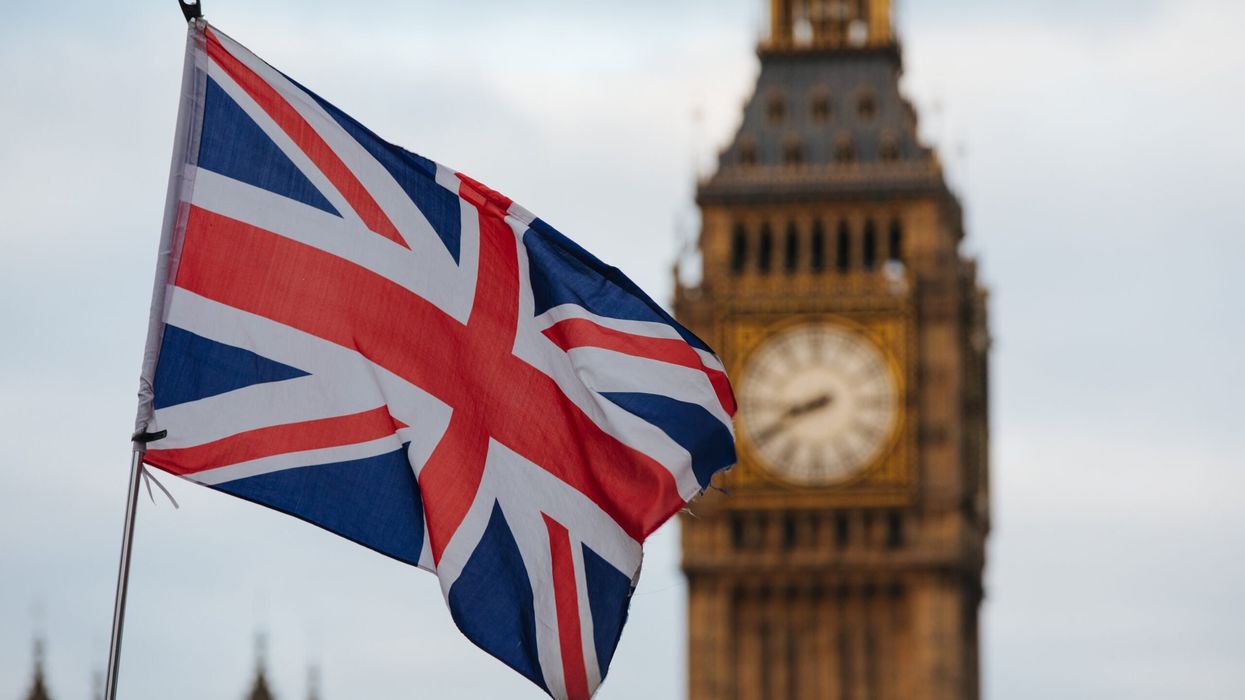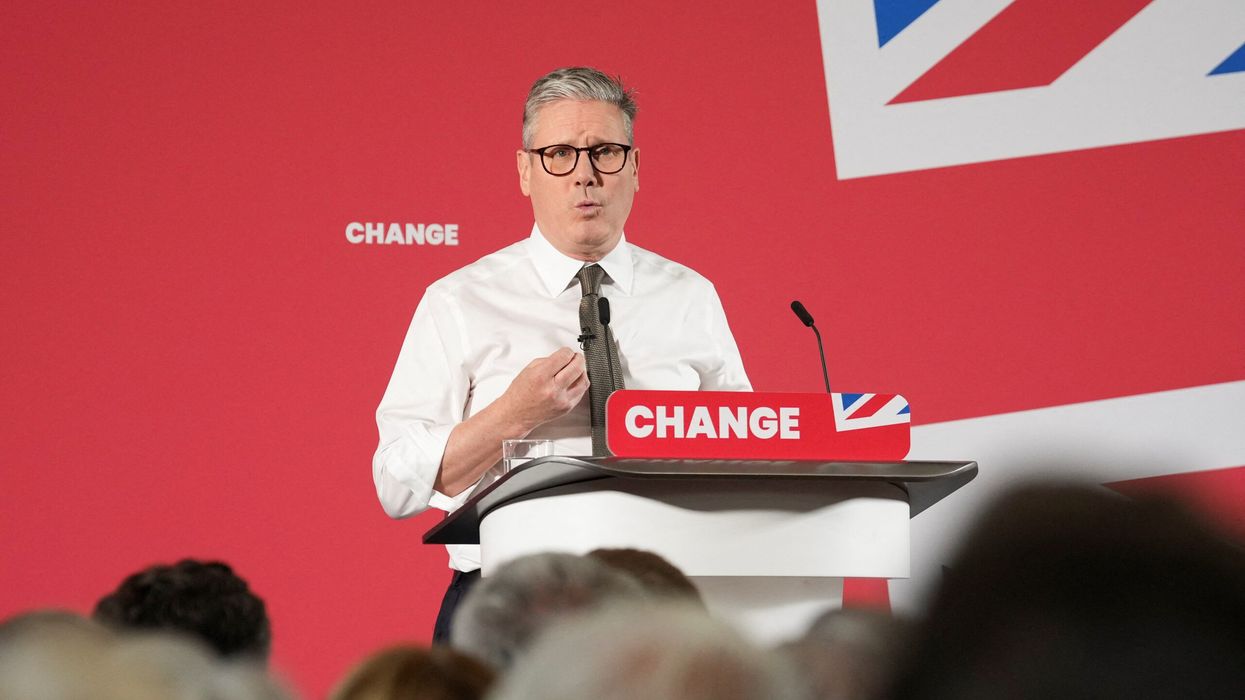FOREIGN nationals who have lost a partner and are facing financial difficulties will soon be able to apply to have the settlement application fee waived under new rules introduced in parliament.
Currently, applicants who wish to settle in the UK after the death of a British citizen partner are required to pay a £2,885 fee, regardless of their financial situation.
Asian-origin Home Office minister Seema Malhotra informed parliament on Tuesday that from October 9, this fee will be waived for those experiencing financial hardship. She said the change aims to offer a “fairer and more compassionate approach” to those struggling financially after the death of a partner.
“Losing a loved one is a deep and unimaginable pain, all too often compounded by the immense financial strain faced by those left behind,” said Malhotra. “Widows, widowers, and their dependent children who had become integral parts of our communities can now apply for a fee waiver if facing destitution, in order to settle and keep the life they have built. This marks a fairer and more compassionate approach to those unable to afford the settlement fees, but who have often worked, paid their taxes and contributed to life here in the UK, including the partners of our military veterans,” she added.
Those eligible for the waiver include partners on family visas who meet criteria for destitution if their partner had been a British citizen, held indefinite leave to remain, or was from the EU, Switzerland, Norway, Iceland, or Liechtenstein and had pre-settled status. Bereaved partners of Armed Forces members, Gurkhas, or Hong Kong military veterans discharged before July 1997 may also benefit from the waiver.
In a written statement, Malhotra also announced a new process for diplomatic visitor visas, as part of the transformation of UK borders to include digital pre-travel checks. The Diplomatic Visa Waivers (DVWs) will be replaced by a new “Diplomatic Visa Arrangement” (DVA).
“DVAs will ensure diplomatic passport holders from countries that have benefited from DVW, who are nominated by their governments through a note verbale, will continue to benefit from smooth and efficient access to the UK,” the statement reads. DVAs will allow diplomatic passport holders to apply through a simplified process with no application fees or fingerprint requirements.
The written statement also introduced the VIP Delegate Visa, a product for delegations accompanying foreign heads of state and serving government ministers on official visits to the UK. This visa will be capped at 20 issues for delegates with heads of state, and 10 for those accompanying ministers. Like DVAs, it will waive application fees and the need for fingerprint submissions.
(With inputs from PTI)












